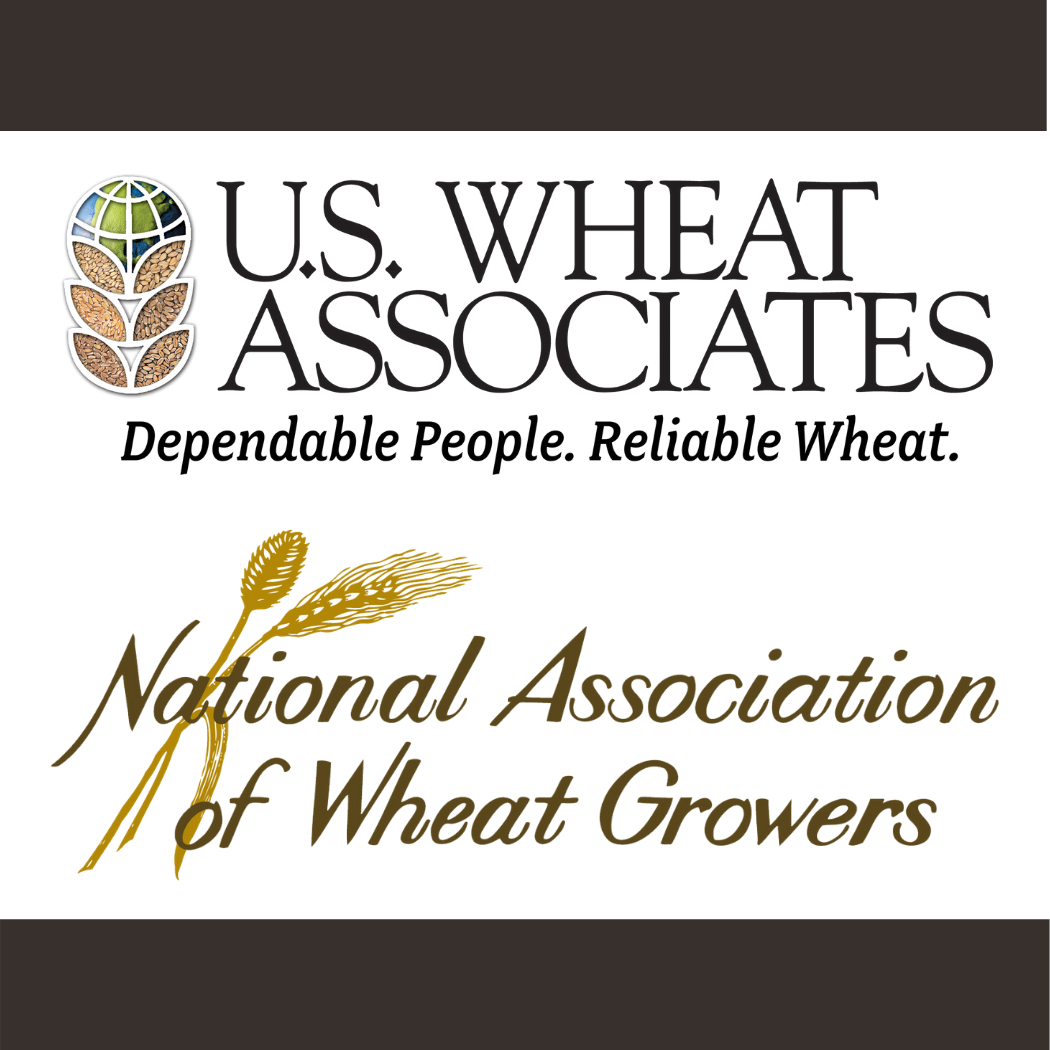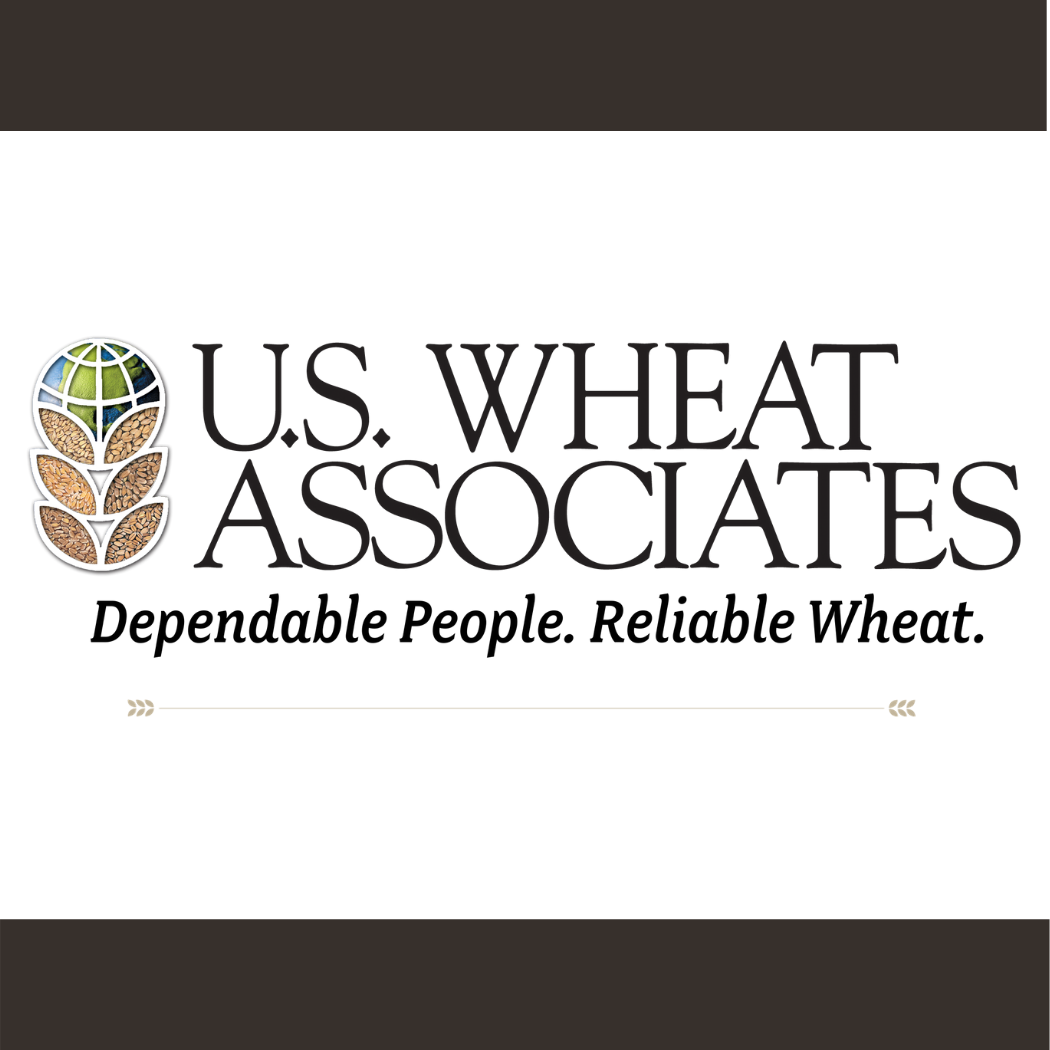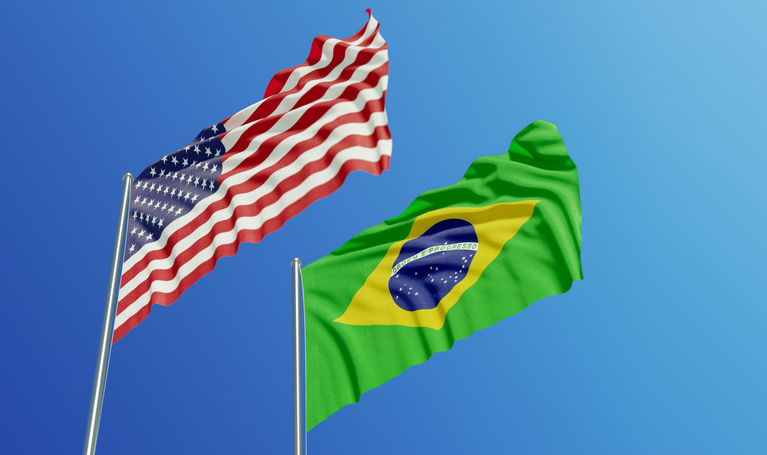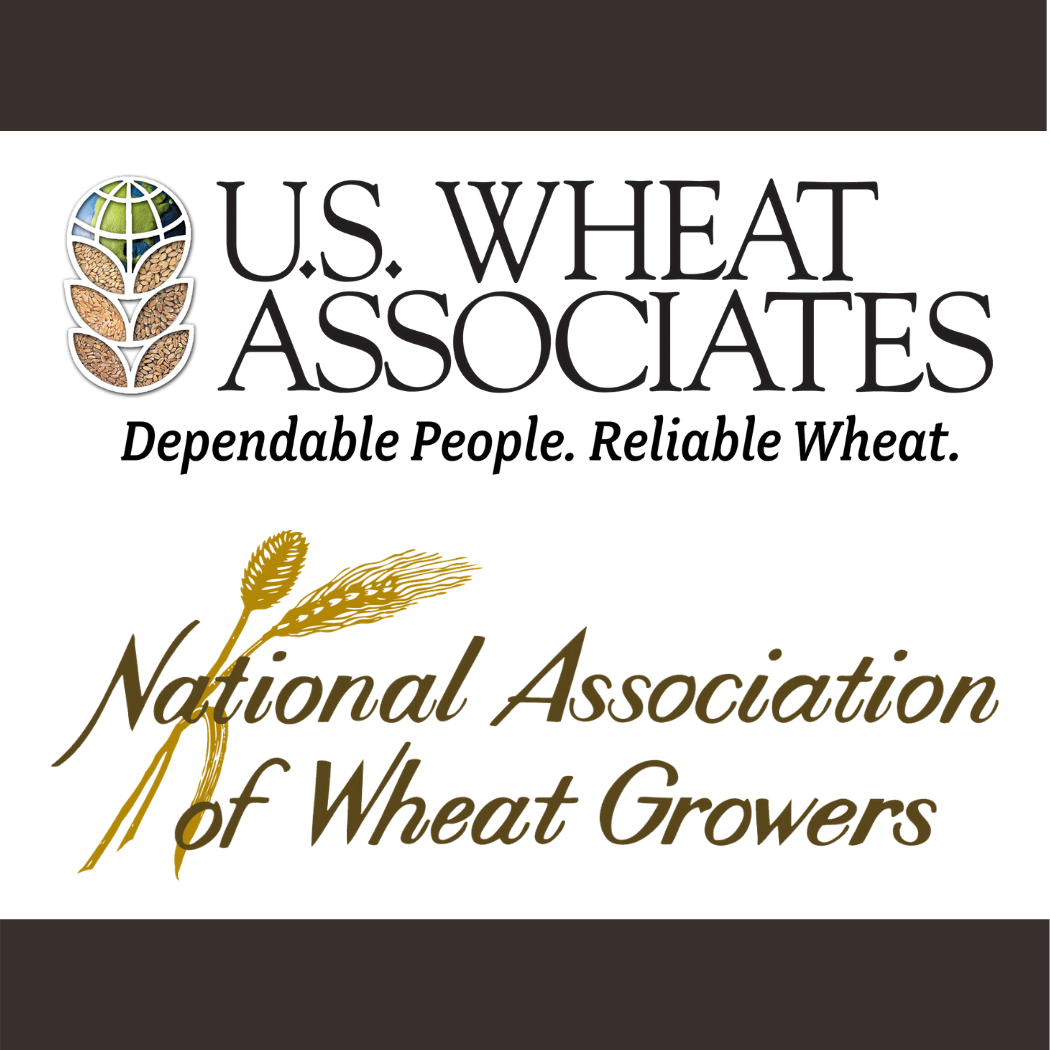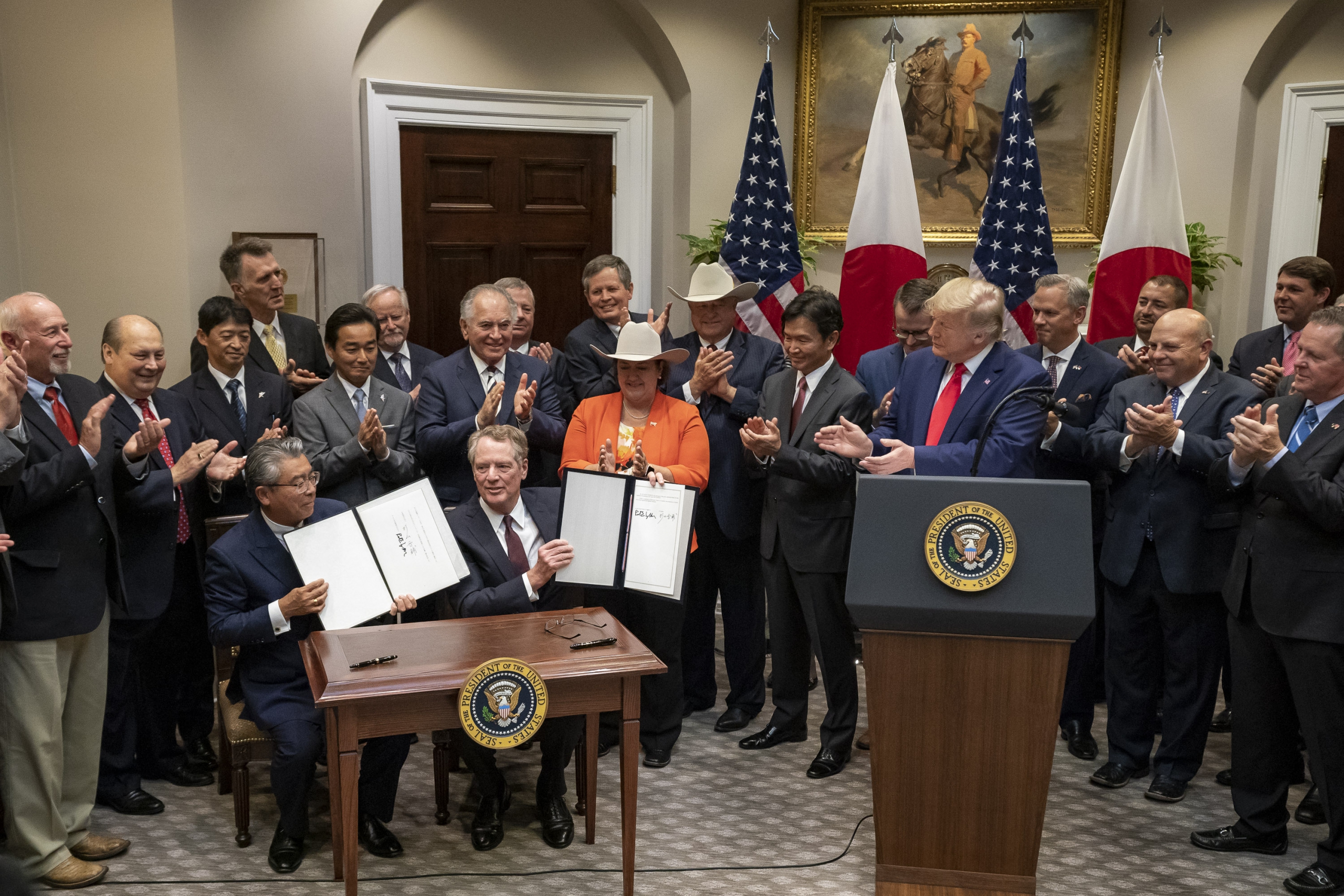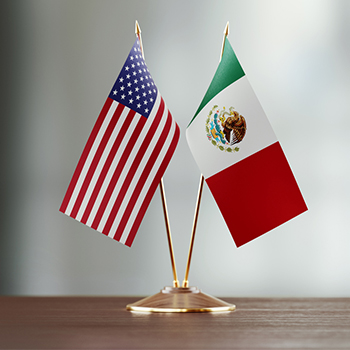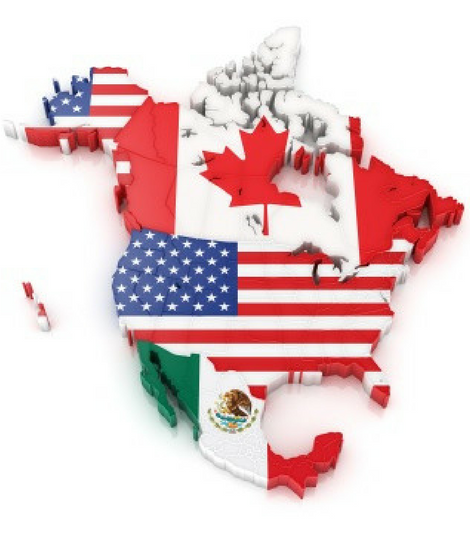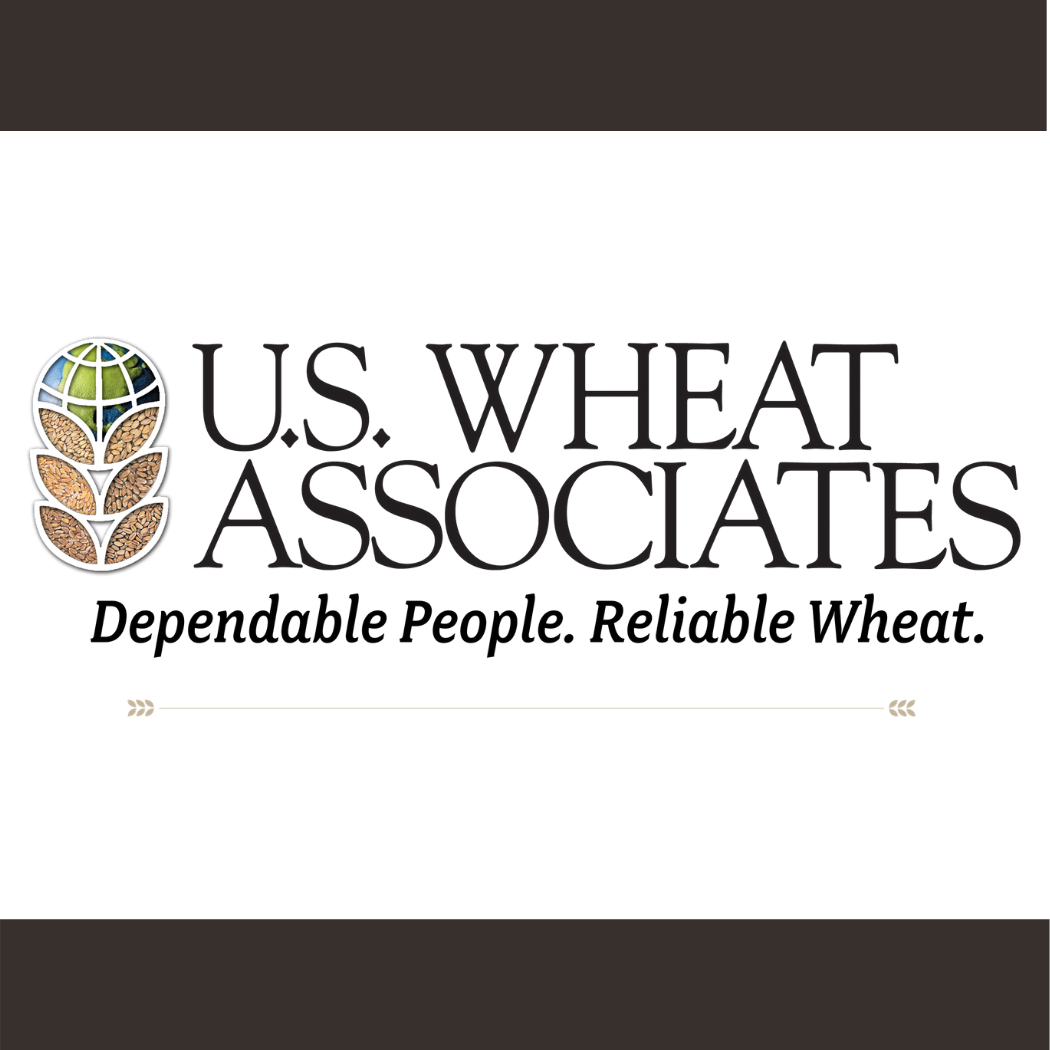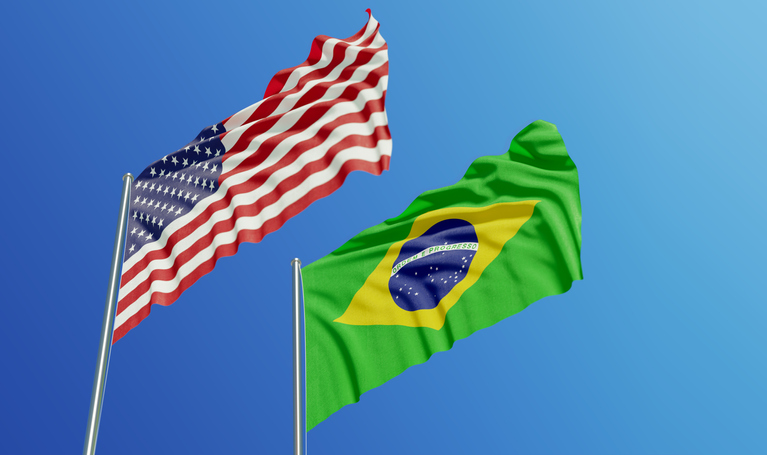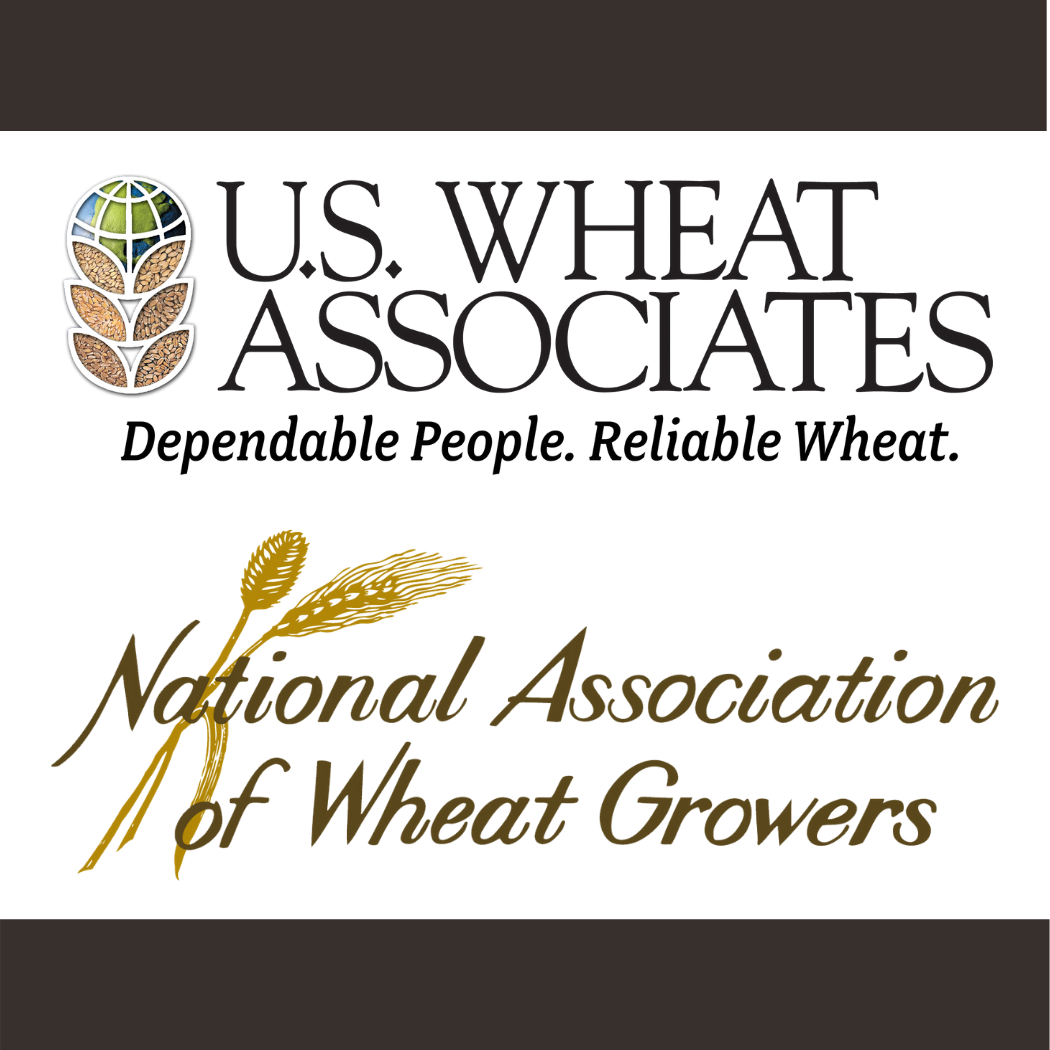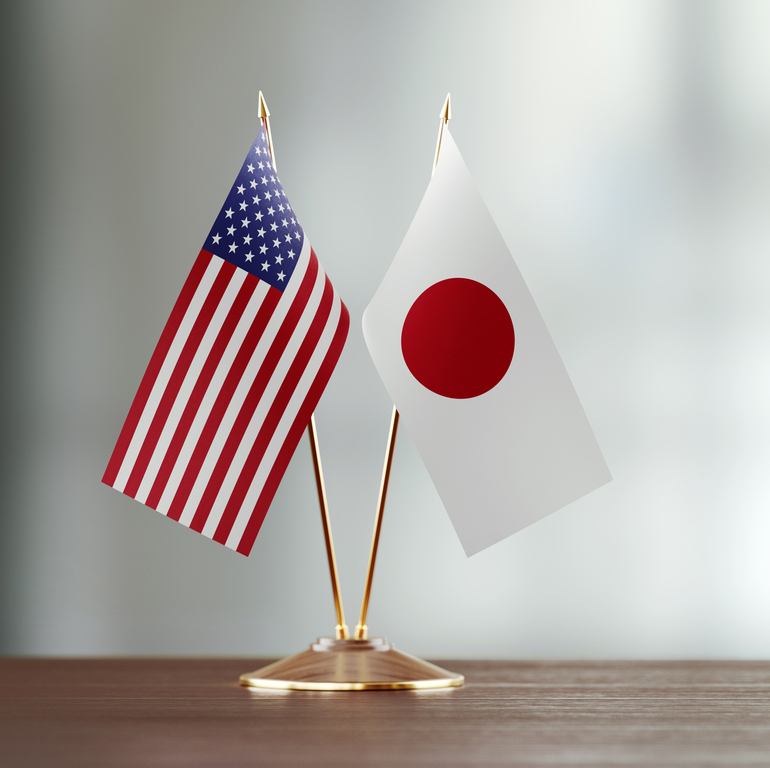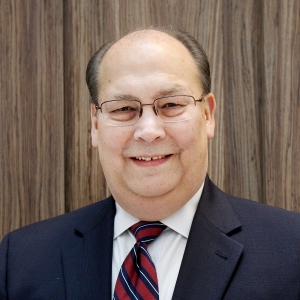WASHINGTON, D.C. — Today’s signing of the renegotiated U.S. Mexico Canada Agreement (USMCA) is a welcome step toward a final agreement that will provide much needed reassurance for wheat growers and the entire U.S. agricultural industry. U.S. Wheat Associates (USW) and the National Association of Wheat Growers (NAWG) want to thank U.S. Trade Representative Robert Lighthizer for his steadfast efforts throughout USMCA development process as well as Secretary of Agriculture Sonny Perdue, Under Secretary for Trade and Foreign Agricultural Affairs Ted McKinney, and Lighthizer for working with Speaker Pelosi and other Congressional leadership to find a path forward.
“U.S. wheat growers need to continue trading freely and fairly with Mexico, our largest international customer, and this agreement will finally end that uncertainty,” said Doug Goyings, USW Chairman and a wheat farmer from Paulding, Ohio. “In addition, if U.S. farmers want to deliver wheat across the border to a Canadian elevator, and that wheat is on Canada’s varietal registration list, under USMCA it will not be downgraded. We hope that this agreement will be approved and implemented quickly so we can move on to negotiating more high-quality trade agreements like USMCA that benefit our economy and our trading partners.”
“NAWG hopes that today’s news will motivate Congress to take a vote on USMCA before the end of the year,” stated NAWG President and Lavon, TX wheat farmer Ben Scholz. “Wheat growers view this as a major step in getting USMCA over the finish line and hope that it will help those Members who are undecided to vote ‘yes’ on this critical trade deal.”
About U.S. Wheat Associates
USW’s mission is to “develop, maintain, and expand international markets to enhance wheat’s profitability for U.S. wheat producers and its value for their customers.” USW activities in more than 100 countries are made possible through producer checkoff dollars managed by 17 state wheat commissions and cost-share funding provided by USDA’s Foreign Agricultural Service. For more information, visit our website at www.uswheat.org.
About NAWG
NAWG is the primary policy representative in Washington D.C. for wheat growers, working to ensure a better future for America’s growers, the industry and the general public. NAWG works with a team of 20 state wheat grower organizations to benefit the wheat industry at the national levels. From their offices in the Wheat Growers Building on Capitol Hill, NAWG’s staff members are in constant contact with state association representatives, NAWG grower leaders, Members of Congress, Congressional staff members, Administration officials and the public.
# # #

